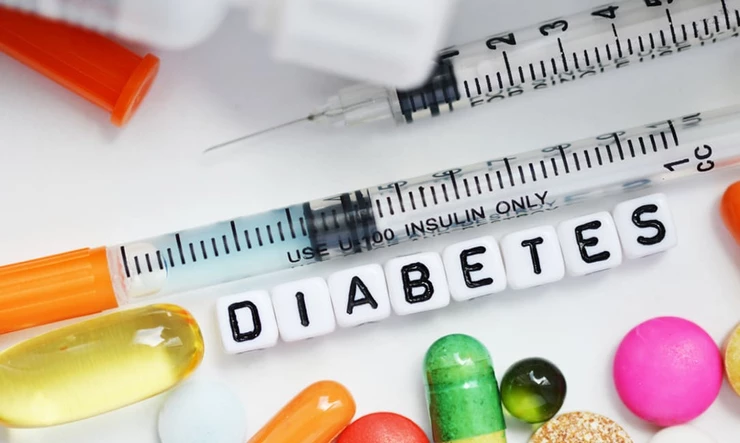
As if living with diabetes was not stressful and cumbersome enough, now the Covid 19 pandemic has increased the stakes even higher.
It has been known for a while that having diabetes (both type 1, which is an auto immune disorder and type 2, which is lifestyle based) raises the risk of influenza and related secondary infections, such as bacterial pneumonia. Poor glycaemic (blood sugar level) control impairs several aspects of the immune response to viral infection and also to the potential bacterial secondary infection in the lungs.
Researches around the world are showing that having diabetes increases the chances of Covid 19 complications.
Majority of the patients with diabetes, particularly type 2, are also either overweight or obese. Obesity increases the risk of infection via abnormal secretion of adipokines and cytokines.
Stress also has an adverse effect of raising blood sugars and although in these times stress can seem unavoidable, we have to remind ourselves of the most valuable commodity that needs protecting – your health.
My take on diabetes and pandemics is this
- Both type 1 and type 2 diabetics must follow their doctor’s advice and ensure they take adequate precautions (hygiene practices and social distancing) to avoid Covid 19 infection in the first place. If symptoms are present, contact your healthcare providers immediately.
- Type 2 diabetics can additionally take measures to ensure their glycemic response to food and drink is managed.
- Get plenty of non alcoholic, low sugar fluids (unless there are kidney complications, if so, contact your specialist for further advice on fluid consumption). Plain water with a bit of lemon and mint is best.
- Practice meaningful stress reduction by your favourite means. It could be meditation, yoga, playing music, dancing, painting..the list is yours to make.
- Get exercise in whichever form that suits your residence and maintains social distancing.
- As always and more so during the pandemic, maintain a sensible healthy eating regimen. Ensure your diet consists of foods with low GI (glycaemic Index), e.g. Oats, most vegetables, some fruits like blueberries and oranges.
- Avoid high sugar content foods, simple refined carbohydrates and sugary drinks.
Diabetes has been managed well through medical advancements and lifestyle adjustments for a while now. The pandemic has exposed it as a weak link in our immune response. I cannot stress enough the importance of following social distance guidelines and the hygeine practices recommended by WHO and other governmental agencies.
Till next time,
Stay Healthy
Stay Happy
Mitun De Sarkar – A perfect name for healthy diet







